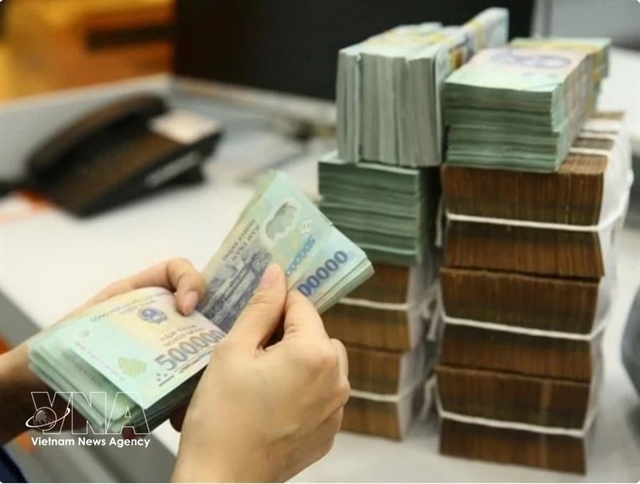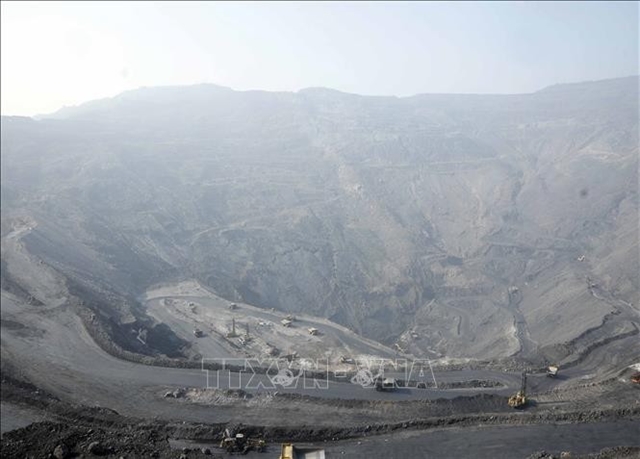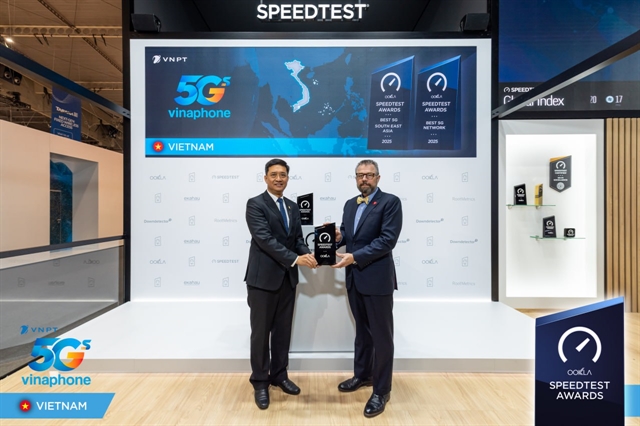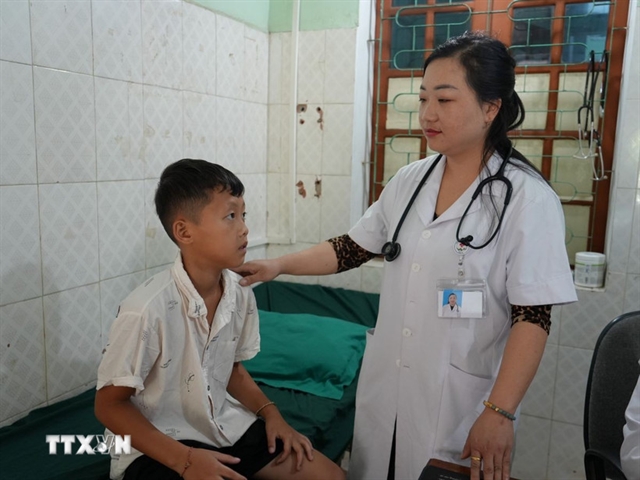 Society
Society

universities face the shortage of official lecturers which threatens to decrease their academic quality
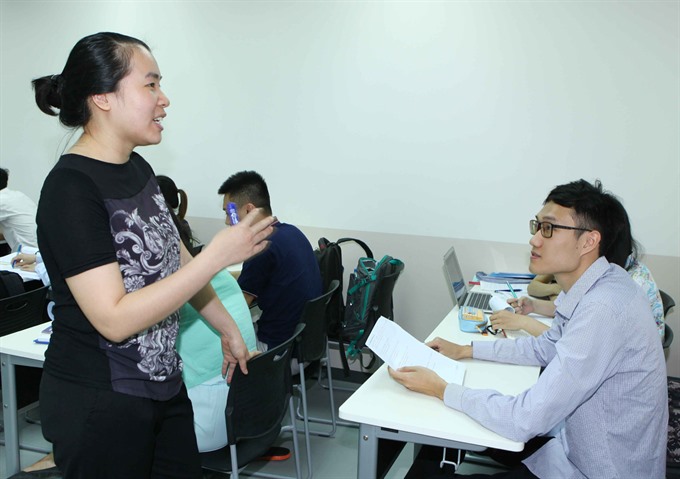 |
| A class at the Việt Nam-Japan University. Universities in the country are facing a shortage of lecturers that could undermine the quality of traiining imparted. – VNA/VNS Photo Quý Trung |
HCM CITY – Despite a raft of applications for nine lecturer vacancies announced in July, HCM City University of Transport has been unable to fill any of the positions.
“Recruiting enough lecturers is not an issue. The question is the academic quality of applicants,” said Nguyễn Văn Thư, rector of the university.
“Candidates holding master degrees from domestic universities form the majority of applicants. While the number of PhDs is limited, there is competition among universities in hiring them,” Thư told the Tuổi Trẻ (Youth) newspaper.
Similarly, HCM City University of Natural Resources and Environment (HUNRE) is in need of academic staff.
According to Phan Đình Tuấn, rector of HUNRE, despite a policy encouraging lecturers to get their PhDs, the university is struggling to recruit enough lecturers. HUNRE offers each of its current lecturers financial support of VNĐ20 million (US$1,000) to study for PhDs to increase academic quality.
The university also helps staff join postgraduate programmes, aiming to raise the percentage of doctorate lecturers to 50 per cent by 2020. However, Tuấn said that this goal was unattainable.
Officers of the Ministry of Natural Resources and Environment with PhD degrees have also been invited to teach at the university.
“Some of them are not good at research. Therefore, we have to equip them with teaching and researching skills as well as provide scientific resources. Besides wages, ideal working conditions are their priority,” Tuấn said.
Low income
Sài Gòn University (SGU) frequently seeks doctorate lecturers.
“Applications are carefully scanned. Then, candidates will be interviewed directly by the principal. Doctors with excellent research background and teaching skills are prioritised,” said Cao Thái Ph ương Thanh, vice head of SGU’s human resource department.
Up to August 2017, the university had 466 official lecturers including 120 PhDs, accounting for 24 per cent, the rest hold masters degrees. It recruits 40 to 60 lecturers annually. Most are doctorate lecturers who were supported to do their PhD by the university. Outside hires are rare.
According to Nguyễn Ngọc Trung, head of the Organisation and Administration Department under HCM City University of Pedagogy (HCMUP), many universities have not offered special policies for high-quality lecturers.
“Lecturers are paid based on the Government’s wage regulations. Compared with other jobs, their income is small. Therefore, a lot of excellent PhDs choose other careers,” said Trung.
Đỗ Văn Dũng, rector of HCMUP, said that besides professional knowledge, lecturers must be fluent in foreign languages to keep up to date with innovations in their field.
Dũng said his university’s main source of lecturers was PhD candidates from international universities. Thanks to the university’s high-quality programme which charges high tuition fees, they can offer generous salaries to lecturers.
Nguyễn Thị Kim Phụng, head of University Education Department under MoET said that Việt Nam’s talent management policy was not strong enough to attract senior lecturers.
“Potential candidates are not motivated by the current policies. Many universities have not paid attention to develop their own human resources by supporting lecturers to do PhDs abroad. Conversely, many applicants fail to meet foreign language requirements to gain governmental scholarships for postgraduate programmes. Meanwhile, the demand for high-quality academic staff is rising,” he added.
According to the MoET, in the 2016-2017 school-year, there were 72,792 lecturers, 4.6 per cent more than the previous year. However, the number of doctorate lecturers is still small. – VNS

